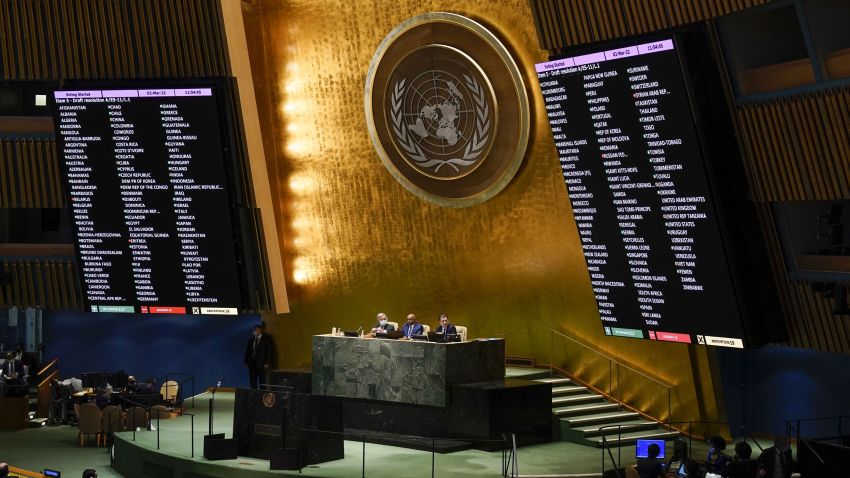From the September 11th, 2001 attacks and the 2008 global financial crisis, to the Arab Uprisings in 2011 and the populist wave in Western democracies that reached its apogee in 2016, the past 20 years have had no shortage of history-changing events with global implications. Most recently, the coronavirus pandemic has had a radical impact on global affairs and will continue to do so for years to come. To this list must now be added the Russian invasion of Ukraine.
If all of these events seem to define a clear “before and after” moment for the course of history—to say nothing of international affairs—their true significance will be debated by analysts and historians for years to come. Were they the causes of abrupt shifts in the course of events or symptoms of underlying forces that were already at work? Do they mark clear-cut beginnings and endings of historical periods? And were they discrete events or interconnected in ways that will become increasingly clear over time?
At first glance, the answers to these questions might seem more evident in some cases than others. The attacks on September 11th, for instance, seemed to clearly mark the end of the post-Cold War period characterized by what has become known as America’s “unipolar moment.” On closer inspection, however, the dividing line between before and after becomes less clear. The American response to the 2001 attacks radically altered the relationship between American power and the world in which that power was projected in ways that eventually depleted U.S. hegemony. Yet, this process played out over the course of many years. The demonstration of American military power and its global reach in the immediate post-9/11 period represented an expansion of U.S. hegemony more than an apogee.

